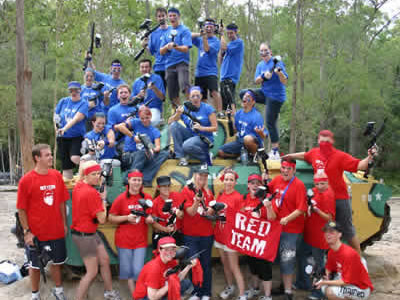How concerned are you about employee retention? If you are a HR pro, you should always be concerned about the retention of your high performing employees. And if you have allowed the job market of the past two years to sway your focus on this, then you might expect some trouble ahead. According to a recent survey conducted by Kelton Research, The Cornerstone OnDemand “Employee Attitude Survey”, you may not be alone. The survey reveals a look at the perceptions employees currently have about their workplace. If we were to use the survey as a scorecard, then we would see that many organizations are failing in some very critical retention areas. Using the familiar grading scale of where a 70% get you a C, let’s take a look at the areas with a failing grade.
| GRADE | |||
| Showing appreciation | 54% say their colleagues show them appreciation | Only 30% say their managers; 16% say executives | F |
| Receiving Feedback on Performance | 58% say NO | 71% say “they haven’t gotten any reaction from their supervisors in the last six months.” | F |
| Establish Career Goals with Employees | 82% say during the past six months that they haven’t | F | |
| Show alignment with company goals and objectives | 53% say they don’t have a clear understanding of how their role fits within the organization | F | |
Study after study continues to a direct link to these behaviors and the retention of talented employees. Despite the research, many company leaders seem baffled by the retention dilemma that is projected to get tougher on companies as the job market shifts and opportunities for top talent increase.
How would you rate your company and yourself on these critical retention driver? By the way, many of them are a lot more cost effective than expensive reward and incentive programs.
Your comments are always welcomed and encouraged!
—
For more resources, See the Human Resources library.
—
Sheri Mazurek is a training and human resource professional with over 16 years of management experience, and is skilled in all areas of employee management and human resource functions, with a specialty in learning and development. She is currently employed as the Human Resource Manager at EmployeeScreenIQ, a global leader in pre-employment background screening. Follow her on twitter @sherimaz!













